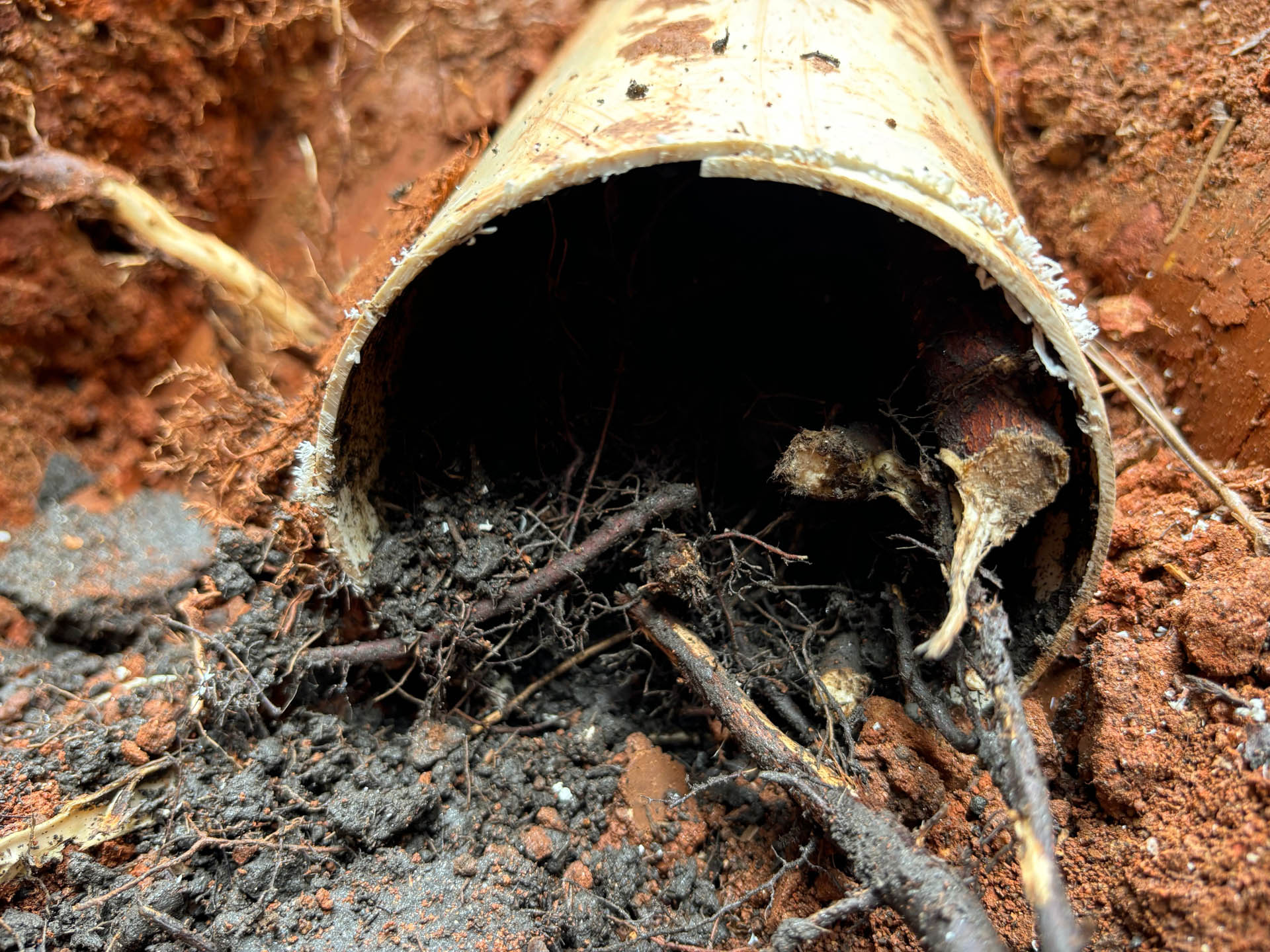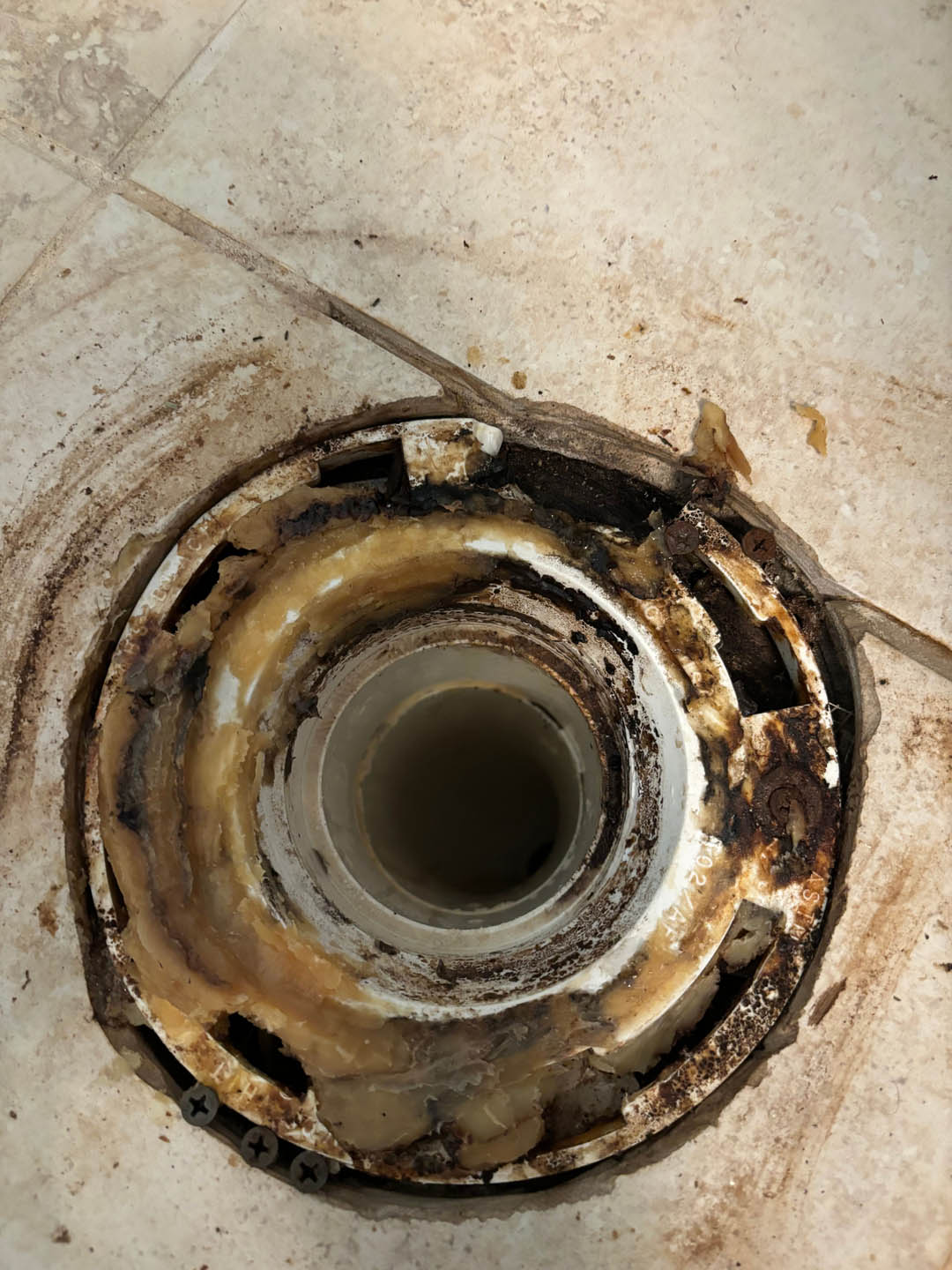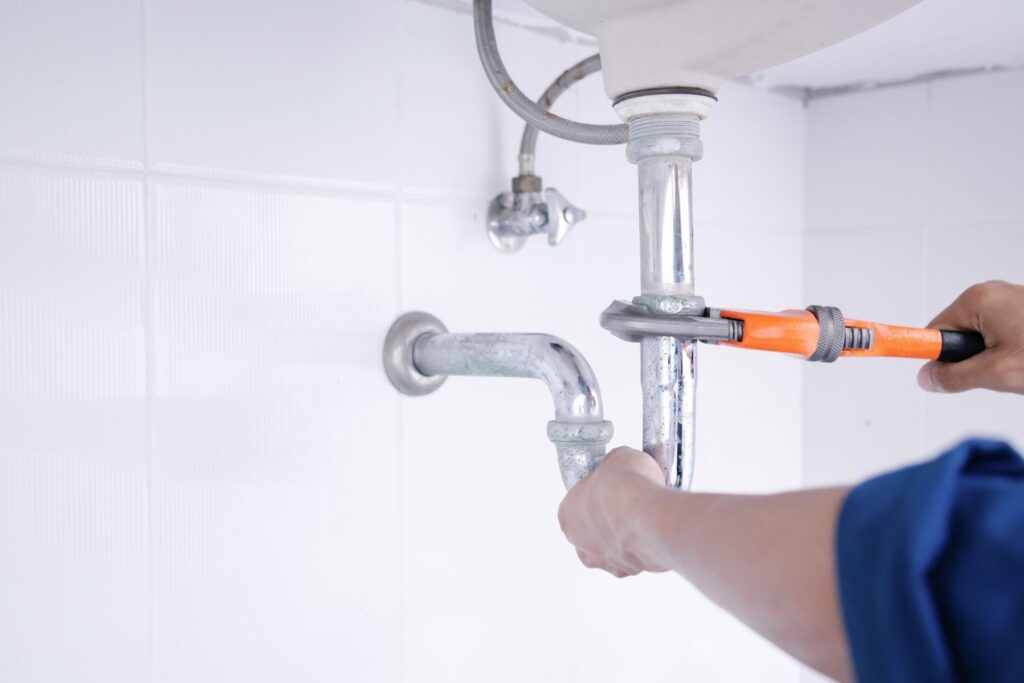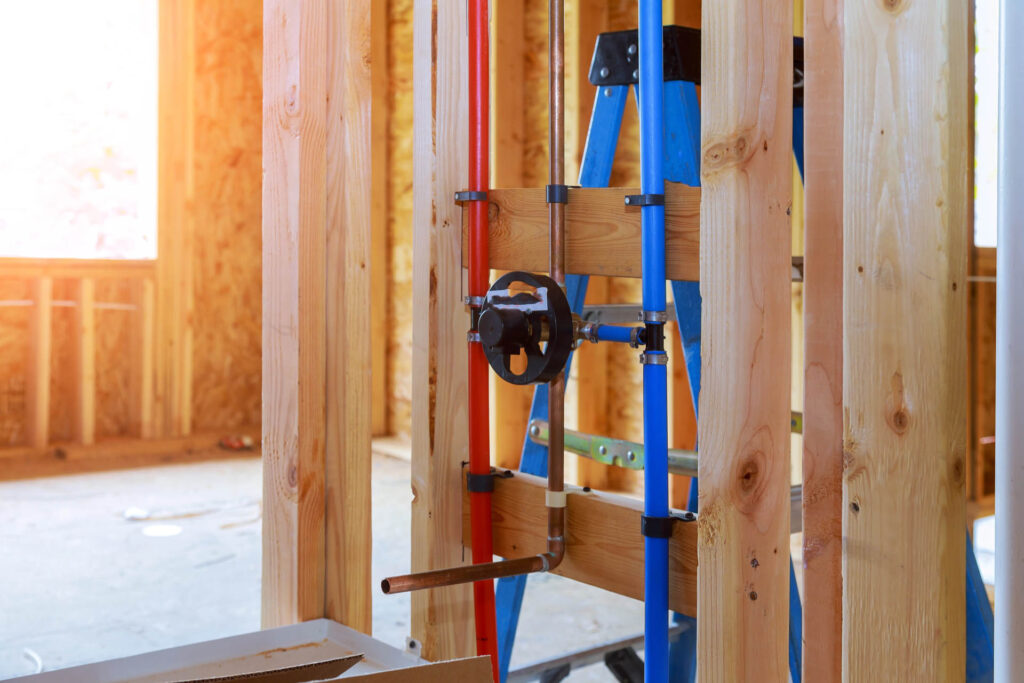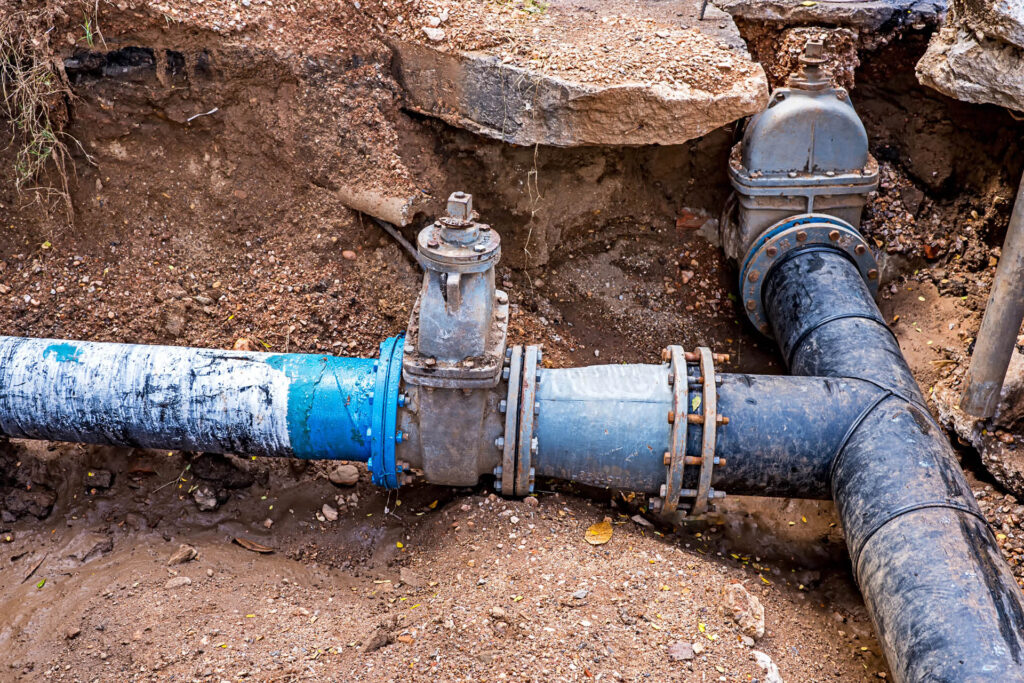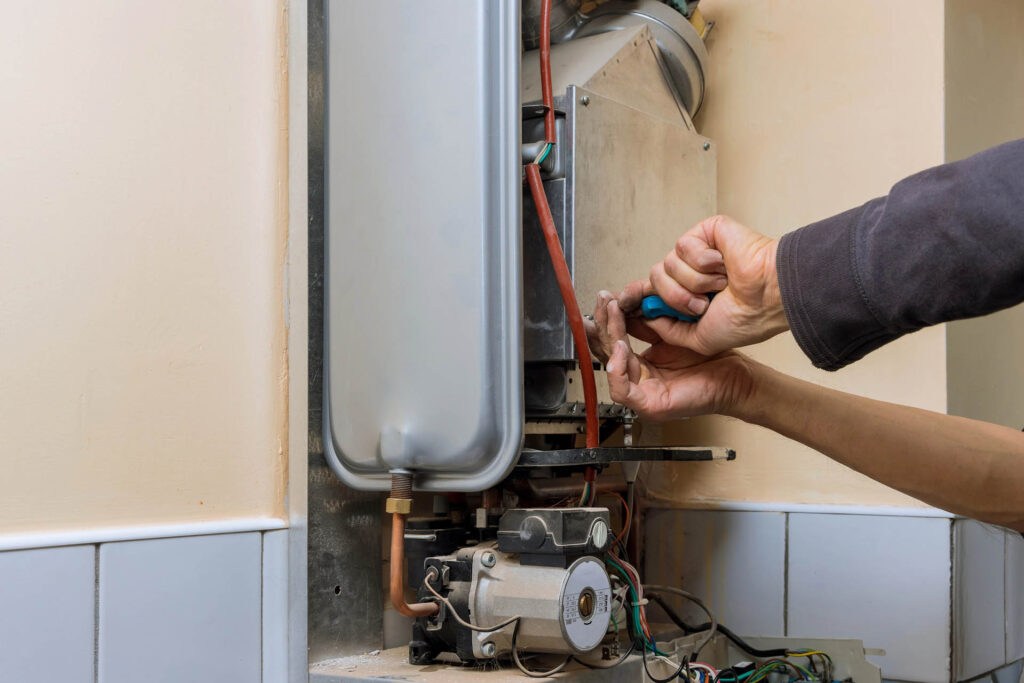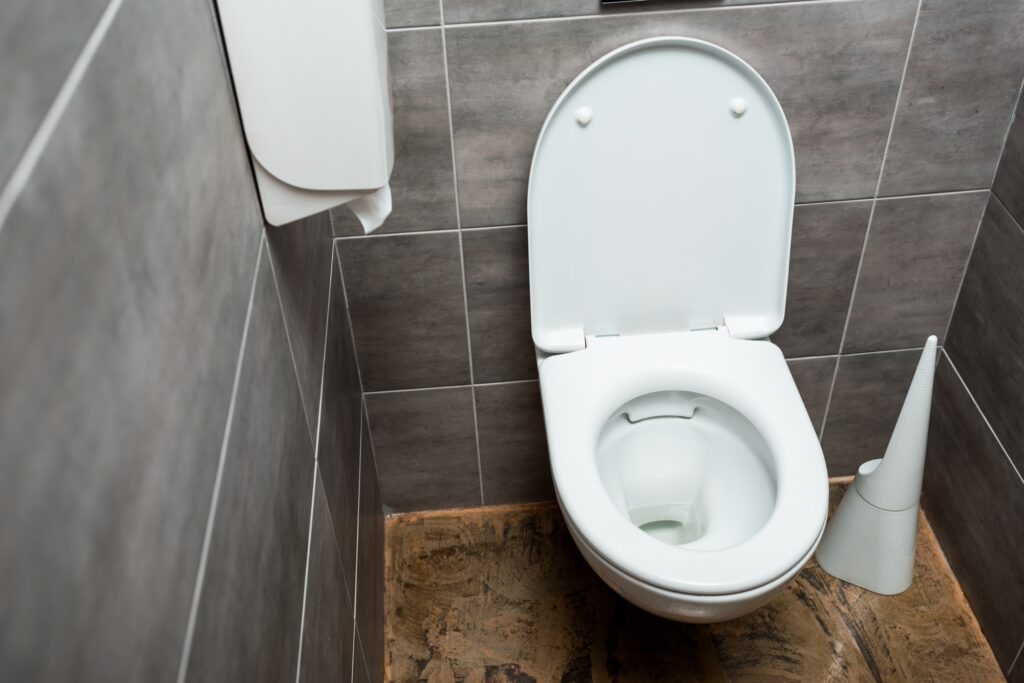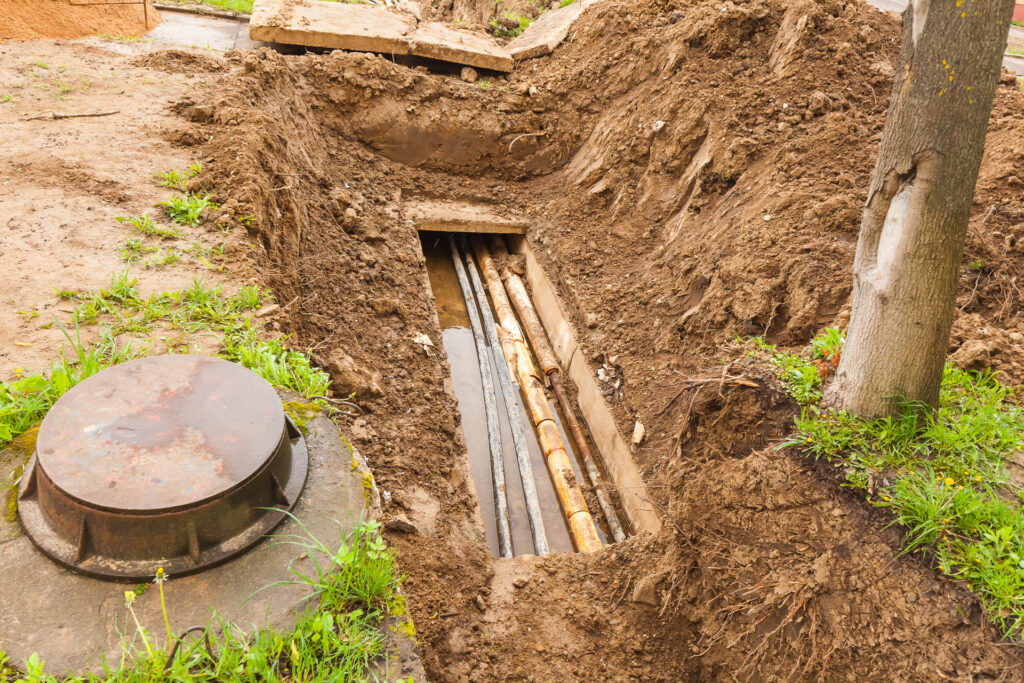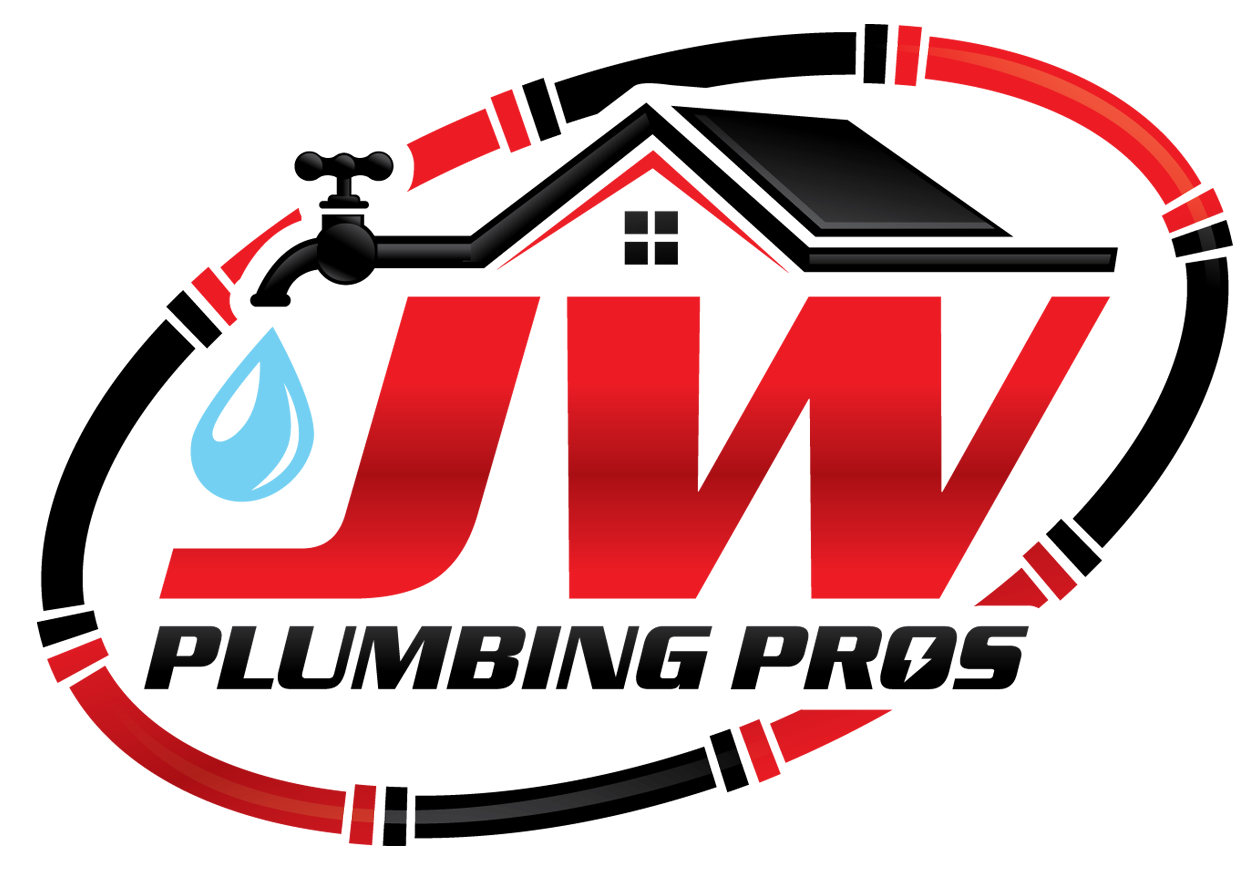Frequently Asked Questions
How do I prevent hair from clogging my shower drain?
Preventing hair from clogging your shower drain involves using a drain cover to catch hair, regularly cleaning the cover, and scheduling routine professional drain cleaning services to maintain optimal water flow.
What causes clogs in my kitchen sink drain?
Clogs in your kitchen sink drain are typically caused by a buildup of food particles, grease, soap residue, and foreign objects. Over time, these materials can accumulate and restrict water flow, leading to blockages.
How do plumbers clear stubborn clogs in drains?
Plumbers clear stubborn clogs in drains using various methods, including drain snakes, hydro jetting, and chemical cleaners, to effectively break down blockages and restore proper water flow.
How often should I clean my drains to prevent clogs?
Regular drain cleaning is essential to prevent clogs. It is recommended to clean your drains at least once a year, with more frequent cleanings if you experience slow drainage or frequent blockages.
What are the common causes of clogged drains in homes?
The common causes of clogged drains in homes include the accumulation of hair, grease, soap residue, food particles, and foreign objects. Regular maintenance can help prevent these issues and ensure smooth water flow in your plumbing system.
What are the signs of a clogged drain in my sink?
The signs of a clogged drain in your sink include slow drainage, gurgling noises, unpleasant odors, and water pooling around the sink. Recognizing these symptoms early can help prevent more serious plumbing issues.
What are the common causes of slow draining sink?
The common causes of a slow draining sink include accumulated grease, hair, soap residue, and foreign objects obstructing the pipes. Regular maintenance can help prevent these issues and ensure smooth water flow.
What are the benefits of professional drain cleaning services?
The benefits of professional drain cleaning services include improved water flow, prevention of clogs, extended lifespan of plumbing systems, and enhanced hygiene by eliminating harmful bacteria. Regular maintenance ensures your plumbing operates efficiently and minimizes costly repairs.
What are the signs that I need drain cleaning services?
The signs that you need drain cleaning services include slow draining sinks or tubs, frequent clogs, unpleasant odors from drains, and gurgling noises in pipes. If you notice any of these issues, it's time to call JW Plumbing Pros for assistance.
How do I know if I need professional drain cleaning?
Signs that indicate you need professional drain cleaning include slow drainage, frequent clogs, unusual odors, or gurgling sounds from your pipes. If these issues persist, it's time to call JW Plumbing Pros for expert assistance.
What are the benefits of regular drain maintenance?
The benefits of regular drain maintenance include preventing clogs, enhancing water flow, and extending the lifespan of your plumbing system. Consistent upkeep also helps identify potential issues early, saving you time and money on costly repairs.
What tools do plumbers use for drain cleaning?
Plumbers use various tools for drain cleaning, including plungers, drain snakes, and hydro-jetting equipment. These tools effectively remove clogs and restore proper water flow in plumbing systems.
How can I identify a slow drain issue?
Identifying a slow drain issue involves noticing signs such as water pooling in sinks, tubs, or showers, or experiencing delayed drainage after use. Regularly monitoring these symptoms can help you address potential plumbing problems early.
What are the risks of ignoring drain clogs?
The risks of ignoring drain clogs include potential plumbing damage, increased water backup, and the growth of harmful bacteria. Over time, neglected clogs can lead to costly repairs and health hazards, making prompt attention essential.
How does regular maintenance improve drain performance?
Regular maintenance significantly enhances drain performance by preventing clogs, reducing buildup, and ensuring optimal water flow. This proactive approach helps avoid costly repairs and extends the lifespan of your plumbing system.
What methods do professionals use for drain cleaning?
Professionals use various methods for drain cleaning, including hydro jetting, snaking, and video inspection. These techniques effectively remove clogs and buildup, ensuring optimal water flow and maintaining the health of plumbing systems.
How can I tell if my drains are blocked?
Signs that your drains may be blocked include slow drainage, gurgling noises, and unpleasant odors. If you notice these symptoms, it's essential to address the issue promptly to prevent further plumbing problems.
What are the signs of a sewer line issue?
The signs of a sewer line issue include slow drains, frequent backups, unusual odors, and wet spots in your yard. If you notice these symptoms, it’s crucial to seek professional assistance promptly.
How can I prevent kitchen sink clogs?
Preventing kitchen sink clogs involves several key practices: regularly dispose of food waste properly, avoid pouring grease down the drain, and use a sink strainer to catch debris. Additionally, routine hot water flushing can help maintain clear pipes.
What is the cost of professional drain cleaning?
The cost of professional drain cleaning varies based on the severity of the clog and the specific services required. Typically, prices range from $100 to $300, but for a precise estimate, it's best to consult JW Plumbing Pros directly.
How often should I schedule drain cleaning services?
Regular drain cleaning services should be scheduled at least once a year to maintain optimal water flow and prevent clogs. However, if you experience frequent blockages or slow drainage, consider more frequent cleanings.
What are the effects of clogged drains on plumbing?
The effects of clogged drains on plumbing can be significant. They can lead to slow drainage, water backups, and even burst pipes, resulting in costly repairs and potential damage to your home.
How can I maintain my drains between cleanings?
Maintaining your drains between cleanings involves regular practices such as avoiding pouring grease or food scraps down the sink, using a drain strainer, and flushing with hot water or a vinegar-baking soda solution to help prevent clogs.
What are the best practices for drain care?
The best practices for drain care include regularly cleaning drains, avoiding the disposal of grease and large food particles, using drain screens, and scheduling professional inspections to prevent clogs and maintain optimal plumbing function.
How do I know if my drain needs cleaning?
Signs that your drain needs cleaning include slow drainage, frequent clogs, unusual odors, and gurgling sounds. If you notice any of these issues, it's a good idea to schedule a professional drain cleaning service.
What are the advantages of hydro-jetting drains?
The advantages of hydro-jetting drains include its ability to effectively remove stubborn clogs, eliminate buildup and debris, and restore optimal water flow. This powerful cleaning method also helps prevent future blockages, ensuring a healthier plumbing system.
How can I avoid clogs from grease buildup?
To avoid clogs from grease buildup, regularly dispose of cooking oils and fats in the trash instead of pouring them down the drain. Additionally, use hot water and soap to flush your drains periodically, helping to break down any grease that may accumulate.
What should I do if my drain smells bad?
A bad-smelling drain indicates a potential blockage or buildup. To address this, try pouring a mixture of baking soda and vinegar down the drain, followed by hot water. If the odor persists, contact JW Plumbing Pros for professional assistance.
How can tree roots affect my drainage system?
Tree roots can significantly impact your drainage system by infiltrating pipes and causing blockages. This intrusion can lead to slow drainage, backups, and even pipe damage, necessitating professional drain cleaning services to restore proper function.
What are the common misconceptions about drain cleaning?
Common misconceptions about drain cleaning include the belief that chemical cleaners are always effective and safe, or that regular maintenance isn't necessary. In reality, professional cleaning is often essential for thorough results and to prevent future issues.
